There are a lot of questions out there that we have no answers for, such as whether there is life out there in outer space, whether the chicken was first or the egg and what the meaning of life really is. These are questions that humanity has pondered over for many years now but to no avail as we don’t have an answer regardless of how much we try to come up with one.
Luckily, the universe does give in every now and then, bringing us the occasional answer to the unfathomable dilemma that we have ahead of us. The question that we got our answer for is none other than: Do turkeys lay eggs, and if so, why don’t we ever see them on the market?
We can find pretty much any other type of egg when we go to our local shop, we can find chicken eggs with ease, duck eggs are everywhere and goose or quail eggs are sold all around the globe. But what about turkey eggs?
This and more will be discussed in today’s article as we are implicitly covering everything that you need to know about them, so without further ado, let’s just jump right into our first topic of the day:
Do Turkeys Lay Eggs?
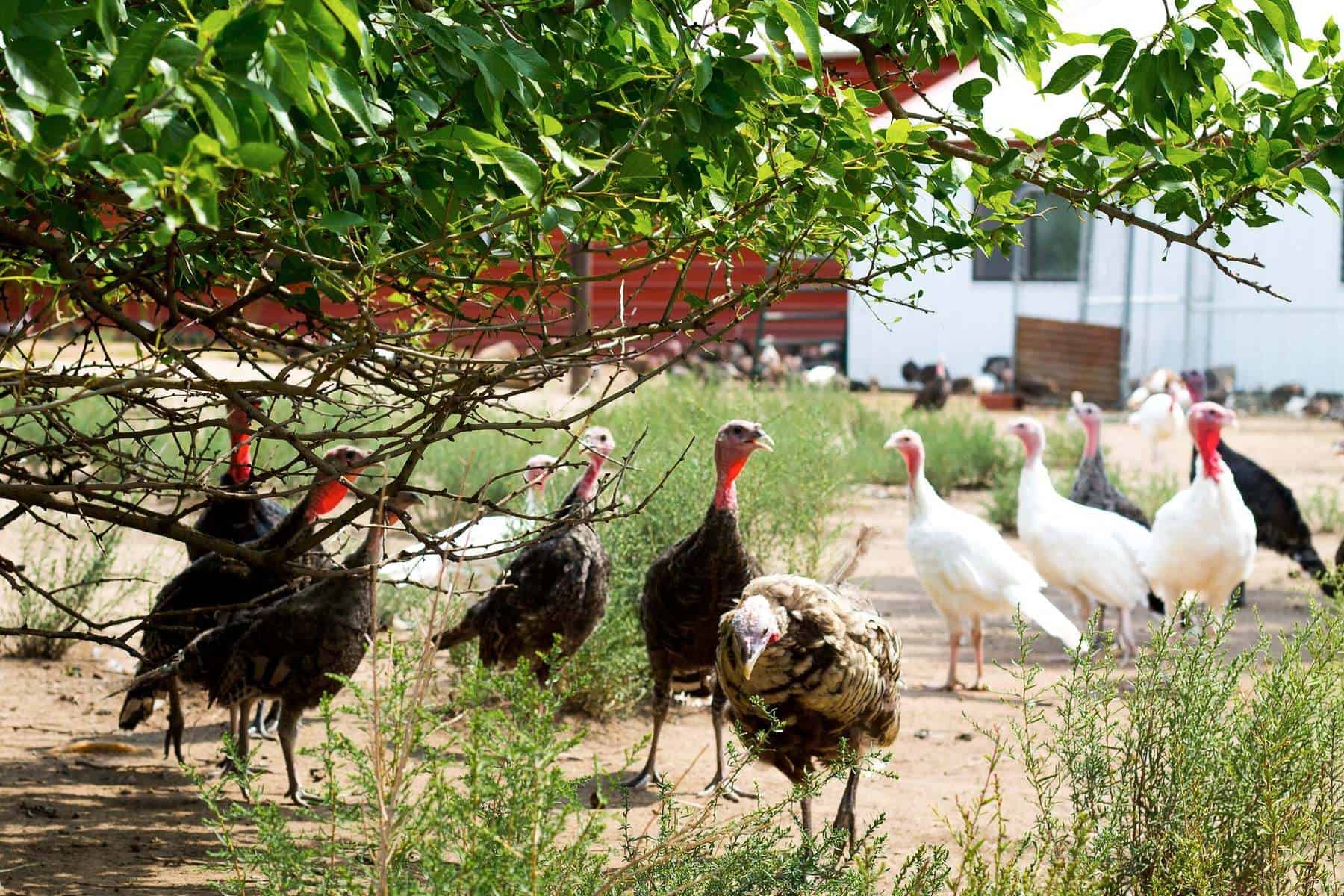
Pretty much most birds out there lay eggs, if not all of them and turkeys are no different. Sure, they may lay them a bit less frequently than chickens for example, but they can still lay a decent number every year. Chickens lay as many as 300 eggs every year while turkeys barely lay 100 at the most, and while chickens can start doing so around 5 months in, turkeys need around 7 months or so to actually get started.
This may not seem like that big of a deal but it is one of the key factors which pushes most farmers out there to not raise turkeys for their eggs, simply because chickens lay more than three times the number of eggs that turkeys do and they do so way faster than them as well.
On top of that, turkeys are also way larger than chickens which does make them better when it comes to their meat but it also means that you will have to spend a lot more on their food to get them ready to lay eggs in the first place.
This scarcity of turkeys in the business has also led to a very high price tag, with a single turkey egg costing as much as $2 to $3 each.
Can You Eat Them?

Not only are they safe to eat but they are actually recommended by most doctors out there. You can cook it and make a delicious meal out of it, and as long as you kill the harmful bacteria in it first you shouldn’t be at any health risks after consuming turkey eggs.
They actually have a lot of protein in them as well, and besides that you can also find vast quantities of iron, folic acid and even vitamin B12 to spice things up for you.
So, this does beg the question, why wouldn’t you want to get them? Honestly it all stems from the fact that they are so hard to come by and when you do come across them, they are usually very expensive per batch.
What Do Turkey Eggs Look Like?

The biggest difference in terms of looks for turkey eggs would definitely have to be their size. When you look at a turkey egg right next to pretty much any other bird egg out there you can instantly see the difference.
On top of that, turkey eggs are also a bit pointier and for the most part they are a bit darker in color with speckles all over.
Once you crack the shell though you will see that the turkey egg is pretty much the same as the chicken egg, but before you can get to that you will notice the fact that turkey eggs are typically a lot thicker when it comes to their shell than chicken eggs.
Because of this, if you do have a turkey and a chicken egg on you, you will find it way harder to actually crack open the turkey one simply because of how much more durable it is.
Why Don’t People Consume Turkey Eggs?
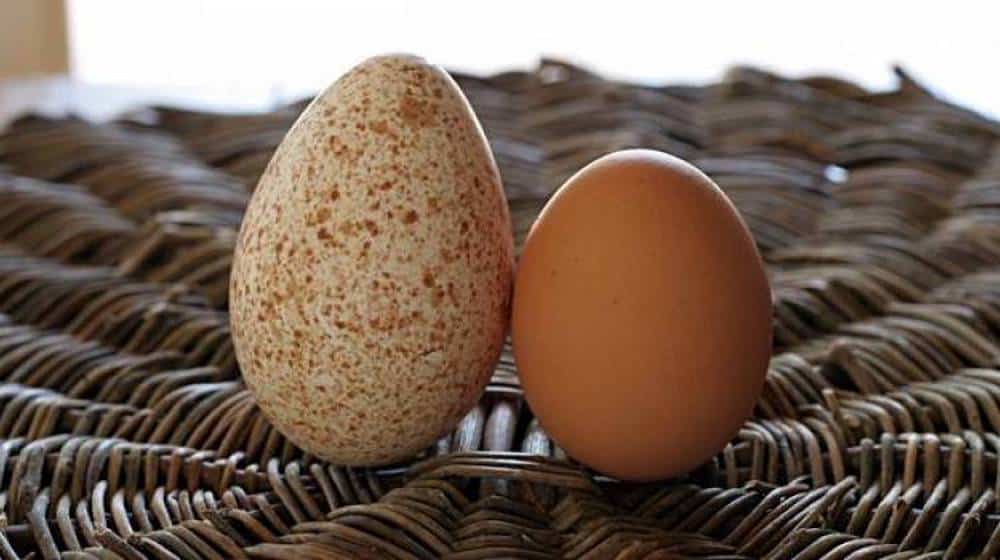
We briefly hinted at a few of the reasons before but for now let’s actually properly walk you through every reason people may have to avoid turkey eggs altogether.
First off, we have the age-old quote that says that “people fear what they don’t understand”, which definitely applies in this case as the lack of familiarity people have with it can definitely lead them to avoid consuming turkey eggs altogether.
Why would you risk getting a product that is so hard to come by in the first place, why don’t others actively try to get more of them, wouldn’t that mean the product is not as good as the usual one I get?
These are the questions that most people ask themselves when seeing a batch of fresh turkey eggs, but to be honest there are other reasons as to why they may be inclined to avoid turkey eggs altogether, such as the fact that the lack of a demand itself makes them harder to sell in the first place.
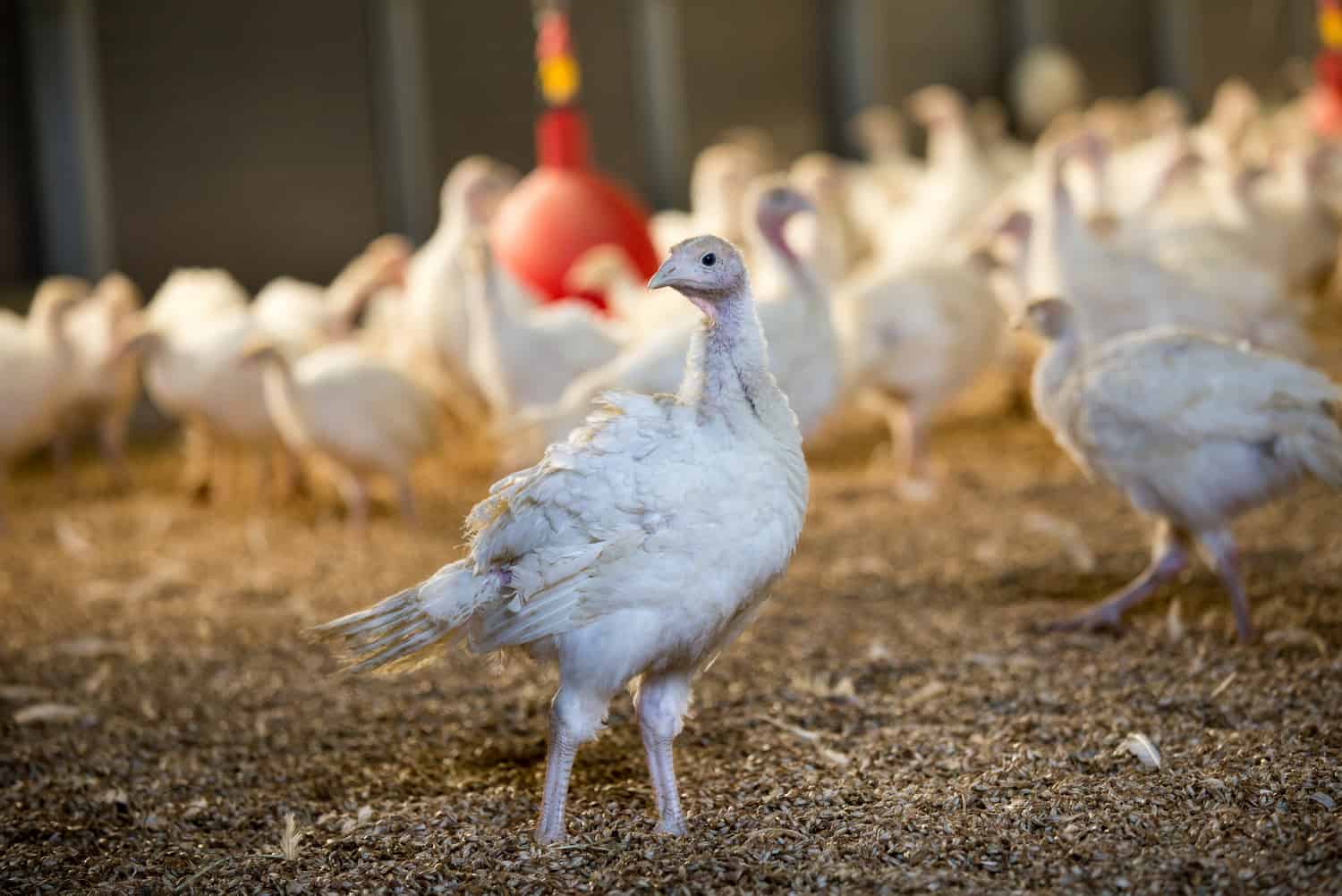
That’s right, for as much as we like to rattle the buyers about this, we do have to mention the fact that sellers are also to blame simply because they can’t find a real reason to sell turkey eggs to begin with. Why would you raise a turkey and give up on the eggs when you can instead just grow more turkeys and sell them for their meat?
Simply put, for as great as turkey eggs are, if the market isn’t ready to cover the costs for them then there pretty much aren’t all that many farmers out there that are willing to sell their turkey eggs in the first place.
Last but not least we would like to reemphasize the fact that turkeys are generally harder to keep which also reflects in the price you will have to pay to raise them in the first place.
As we mentioned previously, turkeys mature a lot slower than chickens and they don’t even start laying eggs at the same time, they’re around two months late in that regard. Many of us seem to forget this but when you work in the food industry, every second matters because every second that you spend not doing anything is a second that you could have spent making a dollar.
Considering just how massive the food industry is, it’s no wonder that most of the farmers out there would rather keep turkeys for their meat as opposed to selling their eggs, it’s simply put just the smarter way of doing things.
Where Can I Get Turkey Eggs?

This may actually be the hardest question for us to answer in this article simply because it is entirely dependent on your location and what your local market as to offer.
For the most part though you should be able to come upon some fresh turkey eggs by simply checking in with your local farmers, the farmers’ markets or you can just pick up a fork and start chasing wild turkeys for a living.
While that last part may be a bit of a joke, the others are both valid choices and quite possibly the only ways that you could come across a fresh batch of turkey eggs.
What Do Turkey Eggs Taste Like?

When it comes to their general taste, we actually do have to say that there really isn’t all that much of a difference between turkey and chicken eggs altogether.
In fact, most people that have tried both of them on won’t be able to tell the difference between them, but that doesn’t mean that they’re completely identical.
Turkey eggs are a tad bit creamier simply because of their higher fat content, but there really isn’t enough of a difference to warrant you actually going out of your way to try them on for yourself.
Duck eggs for example are a lot more flavorful and their taste is a lot easier to make out from the chicken egg taste, but as far as turkey eggs go, they’re very much so just a slightly creamier version of chicken eggs, and we do mean it when we say “slightly”.
Are Turkey Eggs More Nutritional?

When it comes to their nutritional value, turkey eggs once again don’t really stand out all that much simply because there isn’t a lot to write home about. Sure, they may be a bit fattier and thus more calorically dense, but that shouldn’t matter to most people out there unless you’re really trying to go on a caloric deficit diet.
For those that are interested in the actual stats, the typical chicken egg has around 72 calories while the average turkey egg will get to around 135 calories per egg. Just remember though that even when adjusted to the average size of the chicken eggs, they still offer you twice the cholesterol which is no laughing matter.
You may be inclined to skip out on turkey eggs altogether after reading all of that, but just know that there are also a lot of positives when it comes to their nutritional value.
First off, turkey eggs contain as much as 9 grams of protein as opposed to the 5 grams of protein that the typical chicken egg holds. Besides that, turkey eggs are also known to carry a lot of essential amino acids that your body desperately needs to survive.
They come jampacked with B vitamins, specifically with vitamins B12 and B9 and on top of that you’ll find plenty of vitamin A and iron in them to make them a very healthy addition to anyone’s breakfast out there.
Other than that, you can also fill up your daily requirement of calcium, magnesium, phosphorus, potassium, zinc and sodium by simply eating one or two of these eggs every day.
The Economics of Turkey Eggs
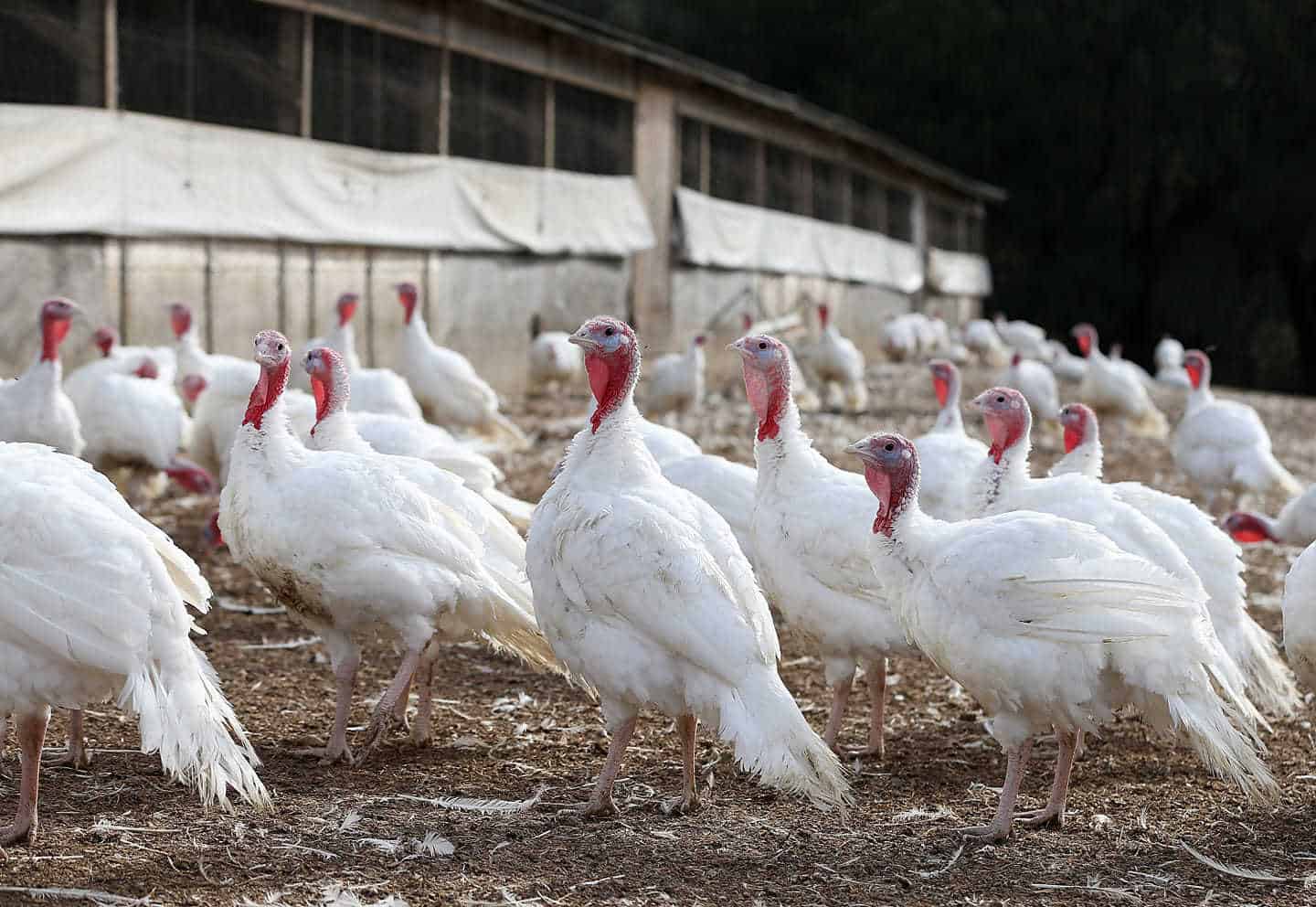
As we mentioned previously, unless you’ve actually grown your own turkeys, let’s just be honest here and say that turkey eggs are not exactly going to be all that easy for you to find and the reason for that is simply coming down to economics.
We previously brought up the fact that turkey eggs are typically a lot harder to come by because of their fertility cycle, and that definitely plays a major role here as the typical turkey won’t actually lay even a third of the number of eggs that the typical chicken will.
On top of that, turkeys are a lot larger in size which means that you’ll need to spend a lot more of your budget on feeding them while also opting for a much larger place to keep them in for the sake of them not hurting themselves.
The typical chicken will also start laying eggs by 20 weeks in while turkeys will usually have to go up to 28 weeks until they can start laying their own eggs.
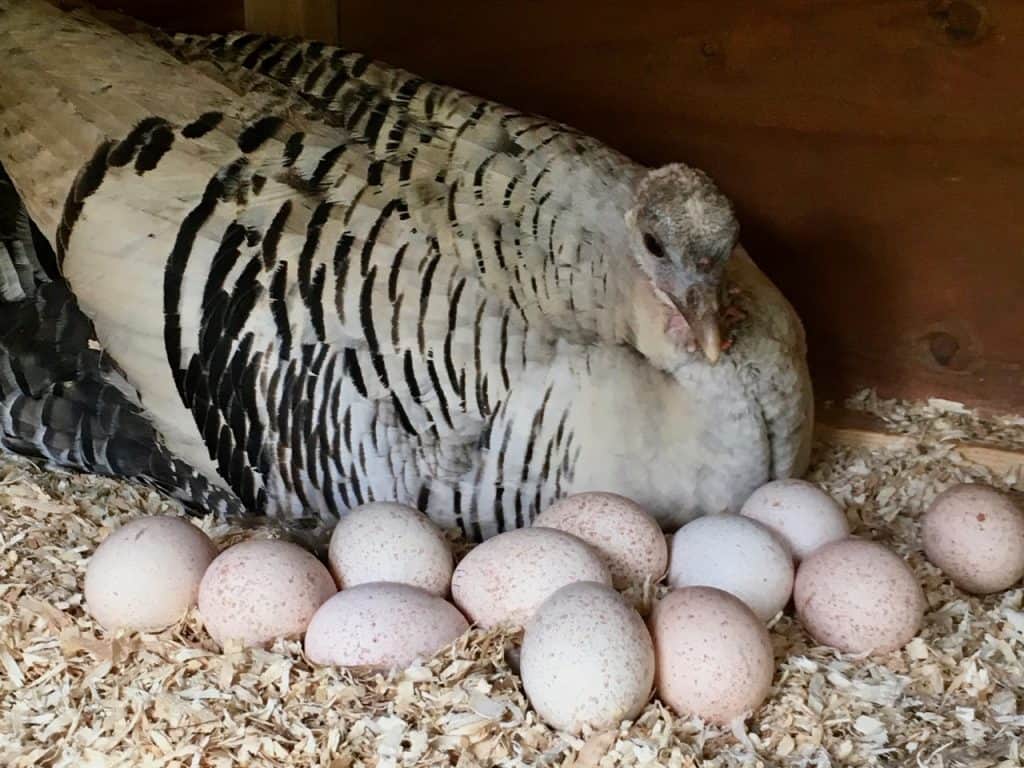
The problem here though is the fact that a turkey can be ready for the slaughterhouse by the time they are 14 to 18 weeks old, so if you are just looking to find a profit then it simply does not make any sense to keep that turkey around for any longer than that.
Once they do start laying eggs though you’ll be very disappointed as they can only lay as many as two eggs per week, which is astronomically less than the chickens which lay as many as one egg per day for the most part.
Simply put though, you can easily tell the fact that for any aspiring farmer out there, actually feeding the turkey past those first couple of weeks just doesn’t really make any sense since you’re pretty much hemorrhaging money while also working your way towards a very underwhelming profit.
Should You Buy or Sell Turkey Eggs?
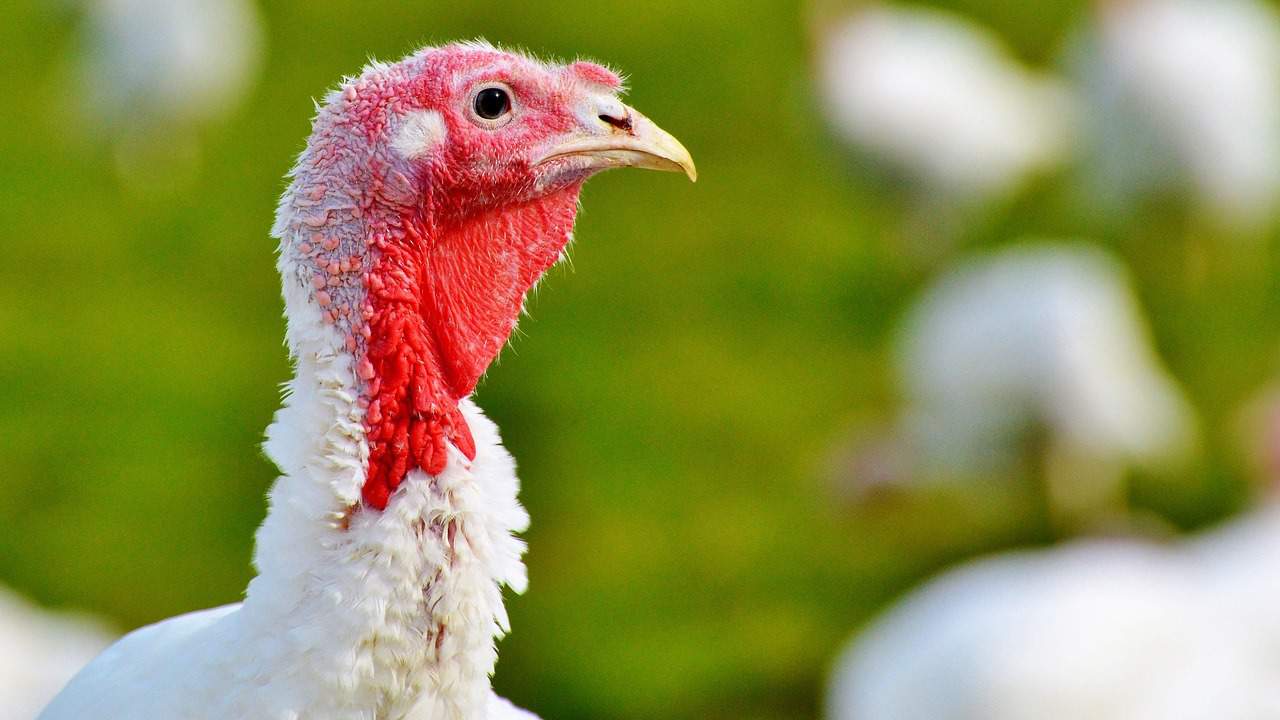
This is actually a very hard question to ask and it definitely depends on your current situation. As a buyer, if you are looking to spice up your meal by adding in something more “exotic” to the mix then this may help you, although nobody will be able to tell the difference at the end of the day.
As it turns out, the difference in taste is pretty much nonexistent especially if you prepare the turkey eggs as a side dish as opposed to having it be the main dish.
You can still feel better about yourself for trying out something new and maybe you will be able to tell the difference slightly once you actually start preparing the turkey eggs on a daily basis, but the main difference you will start to see is definitely going to be the one in your wallet.

As we mentioned several times over by now, chicken eggs are a lot more affordable than turkey eggs, and while turkey eggs are definitely a lot larger and more nutritionally packed than chicken eggs, there just isn’t enough of a reason for you to make the change unless you just really want to change things up in the kitchen.
As a seller we do have to advise against it also, as turkey eggs are typically a lot harder to get rid of and since they are so much more expensive than chicken eggs you will definitely end up with a lot of unsold produce by the end of the day.
Just remember that if you want to do it then that’s good enough of a reason for you to do so, but don’t expect to actually strike a goldmine with this choice as for the most part, if you’re simply looking for ways to make a profit, this isn’t the way to do it.
Conclusion

So, what did we actually learn today? First off, we learned the fact that chicken eggs are very similar to turkey eggs, both when it comes to their taste and their overall quality.
Second of all, we realized the fact that actually finding a new turkey egg is nowhere near as simple as it sounds, and on top of that they are also a lot more expensive so you will definitely need to be ready to pay up when the time comes.
Third of all, we learned the fact that despite all of their shortcomings, turkey eggs are also very nutritionally dense so you won’t regret getting a pair of them especially if you’re trying to get healthier by the end of the year.
Last but not least we learned the fact that if you actually want to grow your own turkeys then you can definitely do so and you won’t regret it as long as you can cover the costs of keeping them around. Just don’t expect to make a huge profit from their eggs alone, and maybe consider selling some of their meat in the meantime as well.



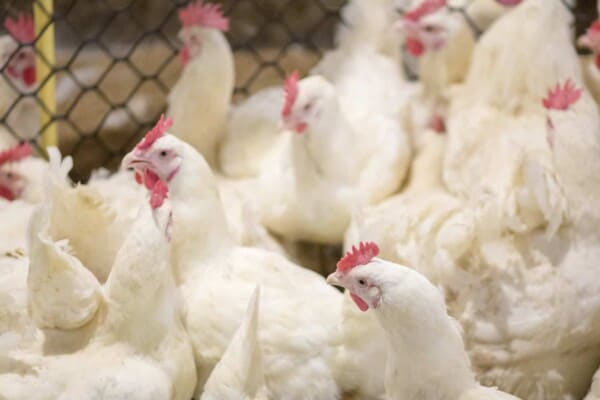





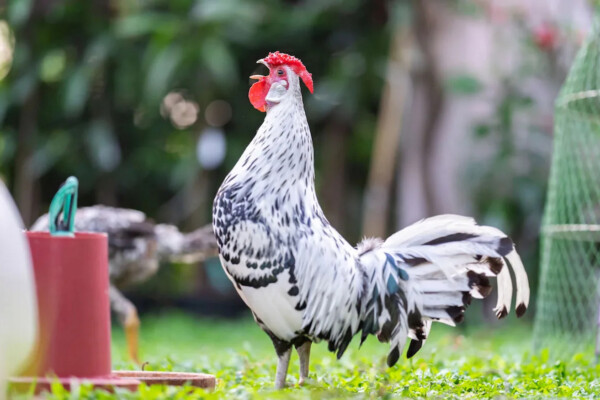



my pet turkey is 4 and lays an egg almost every day.